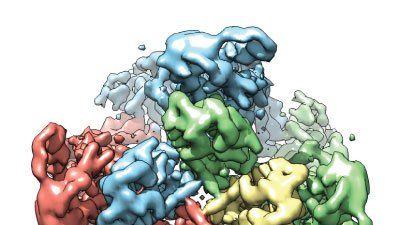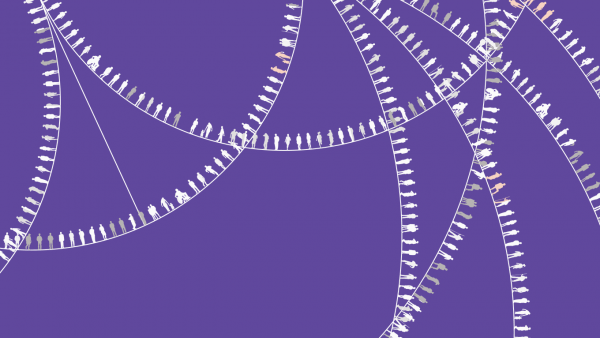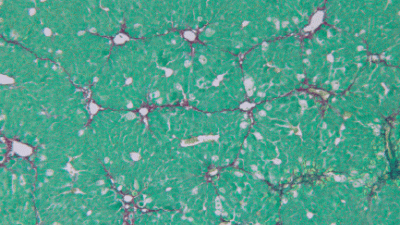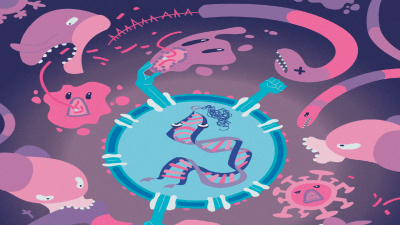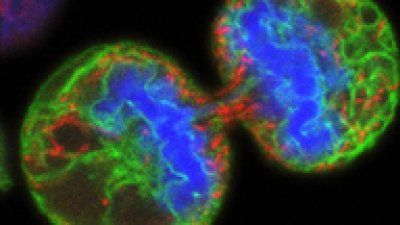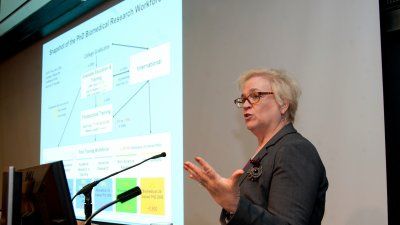Scientists Discover How Key Immune Cells Die During HIV Infection and Identify Potential Drug to Block AIDS
Research led by scientists at the UCSF-affiliated Gladstone Institutes has identified the precise chain of molecular events in the human body that drives the death of most of the immune system’s CD4 T cells as an HIV infection leads to AIDS. Further, they have identified an existing anti-inflammatory drug that in laboratory tests blocks the death of these cells.


